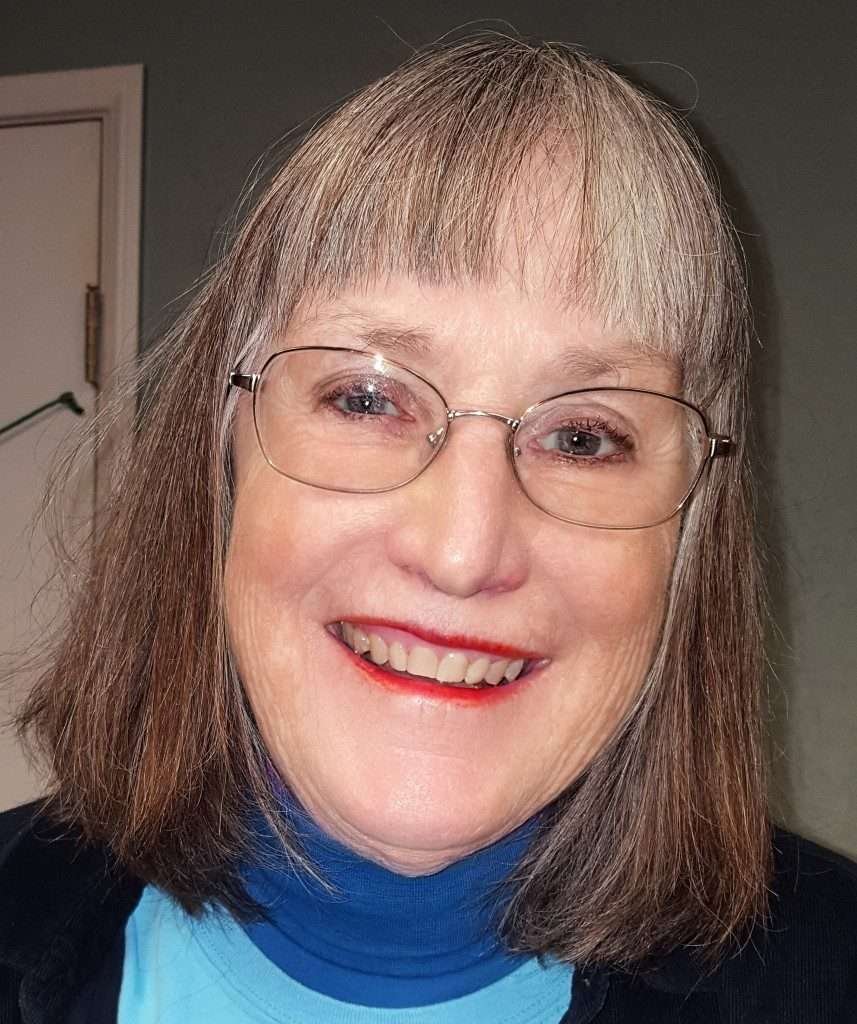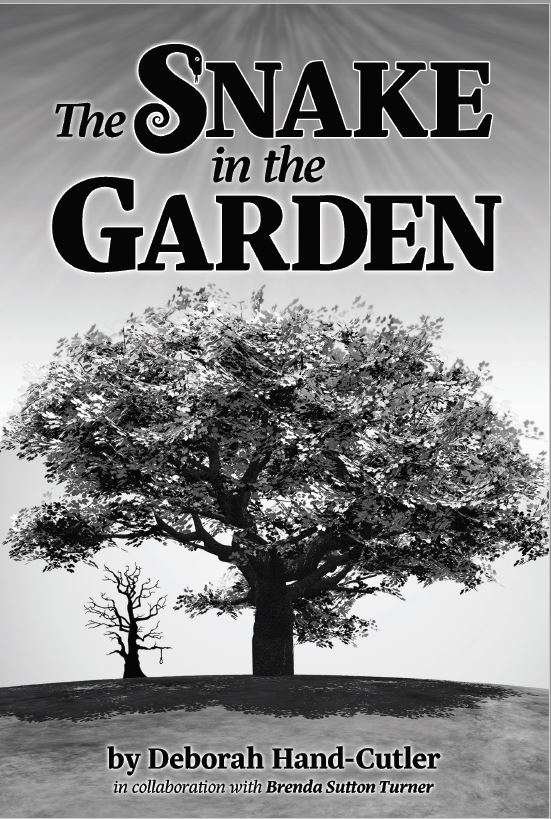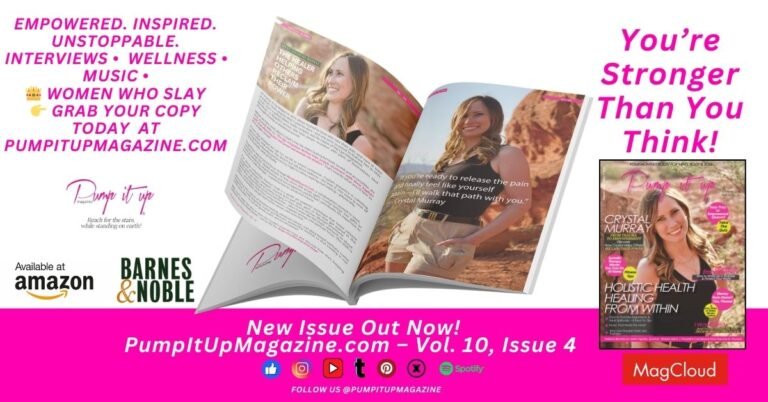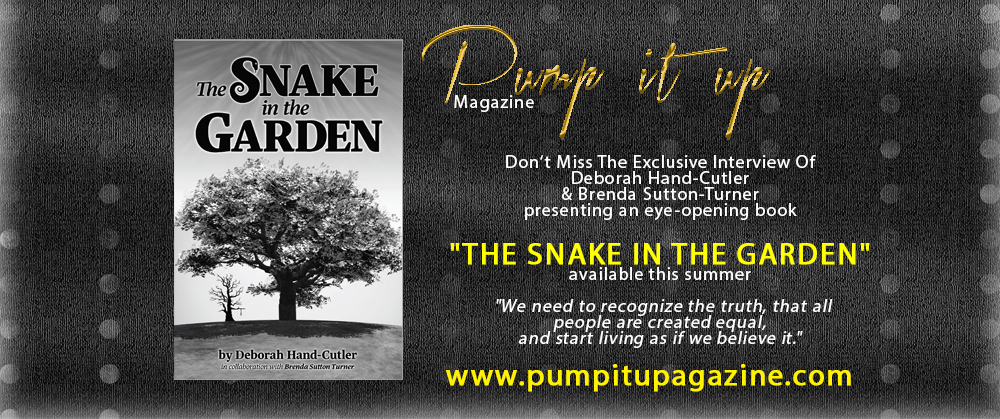
When did you know you wanted to be a writer?
I guess you could say I’ve always been a writer. As a child, I wrote little stories, mostly about magical ponies. In high school and college, I went back and forth between wanting to be a playwright or a journalist. I studied history with the idea that whichever path life sent me down it would be helpful to know something about something. I started out in journalism. In the last few years I’ve been writing plays for our local theater. This is my first novel.
Do you put much thought into including black characters into your books, or does it just happen naturally?
This book is based on Brenda’s stories about growing up in Arkansas, so it’s naturally about black characters. I think what is unique about it, though, is the mix of black and white characters. In a way, you could call it a buddy story between two women — one black and the other white — and how they come to grips with their past through connecting in the present as equals. My 10-minute plays could be cast with any racial makeup. The full-length play I’m presently working on is about two Irish women. It all depends on what the story demands.
What do you think about when you hear “Black History Month?”
That I hope the schools are honoring it in their teaching. Also, that our history textbooks need to focus not just on wars and events of mostly white men. They need to be more honest and inclusive, including native Americans, women, and everyone else. They need to give honest depictions of what life was really like for all different groups. Social Studies should include all aspects of society and community.
Is there a specific black woman from history who inspires you? What about a black woman from today?
The obvious ones come to mind first: Sojourner Truth, because she was definitely out of the mold and proud of it. She wasn’t afraid to do what needed to be done, and she stood up for herself as a woman,(“Ain’t I a woman?”) when even her sex was in question because of her strength of character and her appearance.
Rosa Parks, because she just said, “Enough,” in a silent protest. I think it’s time we all just said, “Enough.” I think it’s happening, finally. At least I hope so. The thing that will save us is having more women in office. That’s also why I admire Shirley Chisholm. She was a ground breaker. I admire people who aren’t afraid to be the first and go where they haven’t been wanted before.
And I can’t leave out Ella Fitzgerald!
Today, I would say Michelle Obama, Maxine Waters and Frederica Wilson. Also Joy Reid and Melissa Harris Perry.
What role do you think black women have played in history?
Being strong, particularly under adversity. I love that we are finally hearing about some of these amazing women such as Katherine Johnson, Dorothy Vaughn and Mary Jackson, and the other black women at NASA depicted in Hidden Figures. This is where movies, books and plays can be such a boon. We might never have known about them if it hadn’t been for “Hidden Figures.” At least I wouldn’t have.
I also appreciate the black women writers who have been telling their stories: Maya Angelou has to be first, but I’ve lately been reading books by Toi Derricotte, Heidi Durrow and others.
How do you view racism today as a white woman?
As a human being, I view it as an abomination. Science has proven there is actually only one race. When I listen to some of the talk from the White House, and what has been unleashed and given license today, it almost makes me ashamed to be white! My parents taught me that everyone is equal. But I grew up in the ’50s. Some of the white characters in the book reflect what I heard from other adults around me back then. I thought some of those racist attitudes were ridiculous then and I find them absolutely abhorrent now. As to prejudice, I didn’t experience it from my race, but from my gender. As a journalist, I wanted to be a foreign correspondent, but because I was female, I was shuffled off to the women’s pages. I did become a travel writer at one point, which is actually the hardest type of journalism to do, in my opinion. Straight news is the easiest, but was not considered a woman’s field in those days. So I do know what it feels like to be turned down for jobs, not for your qualifications or your mind, but simply for your body.
I also have to say that it can be a subtle thing. I am aware that in many areas I have “white privilege,” although not “white male privilege.” I’m constantly watching my thinking to cast out those serpent thoughts whenever they try to come in. I think people don’t always hear themselves. For instance, when General John Kelly was admonishing Frederica Wilson about being in the car with Myeshia Johnson, the widow of the soldier slain in Niger. He lambasted her and then had the gall to say that we need to treat women with respect. That, to me, was just blatant racism. He might as well have added, “Unless those women are black.”

“The Snake in the Garden” is an interesting title, what inspired you to come up with this title?
We’ve been through several titles to finally settle on this one. I think it fits the best, as the book has evolved. Arkansas is where Brenda grew up, but it could have been any state under Jim Crow. The town is made up because I have only been to Arkansas once and that was years ago. But I remember the beauty of the state and how green it was. So the metaphor of the Garden of Eden, I thought, was relevant, and the snake, of course, is racism.
Another point is that the book concerns a black middle-class family. I wanted to show that they are no different from the whites, although there might be some diversity in the cultures — which is a good thing and something we don’t want to lose. We particularly don’t want to lose the work ethic of these black women. I purposely didn’t make the black family poor because I wanted to have an equal playing field to make the racism all the more absurd.
This book is really about what what racism does to everyone, not just to those who are on the receiving end. All the white people in the book are affected by it, too, in one way or another. Even those who are not at all racist are affected by the racism around them. Another theme is humiliation — the humiliation felt by those who are considered less equal simply because of skin color, and the fear of humiliation on the part of whites if it becomes known that they have violated the rules of their society.So, the message of the book is that we can get back to the garden if we will cast out that old serpent that is as old as mankind — the belief that some people are better than others. We need to recognize the truth, that all people are created equal, and start living as if we believe it.
www.TheSnakeintheGarden.Com
(Website available soon)













